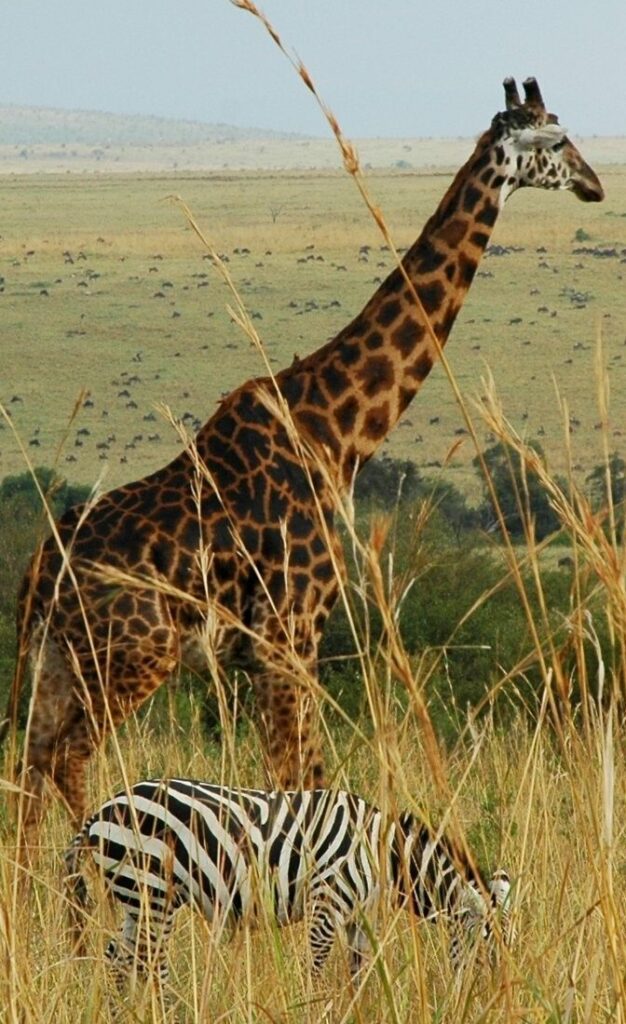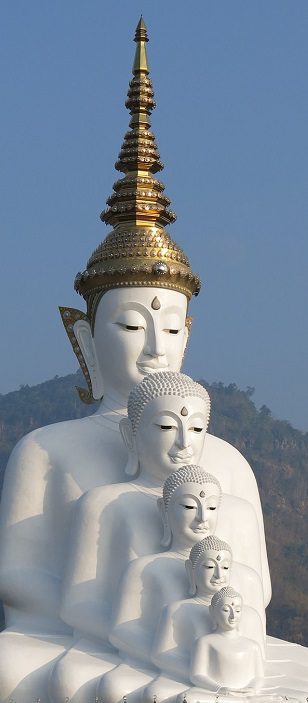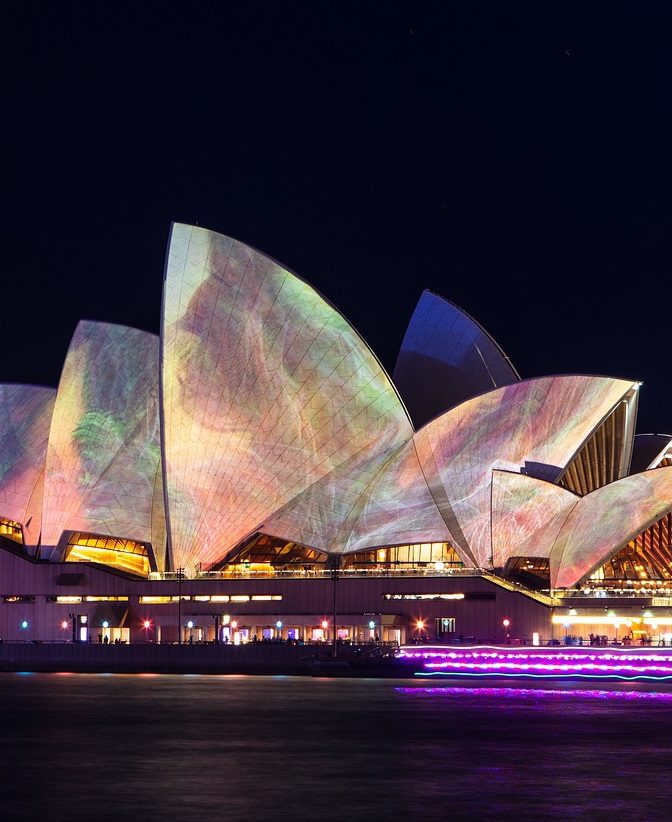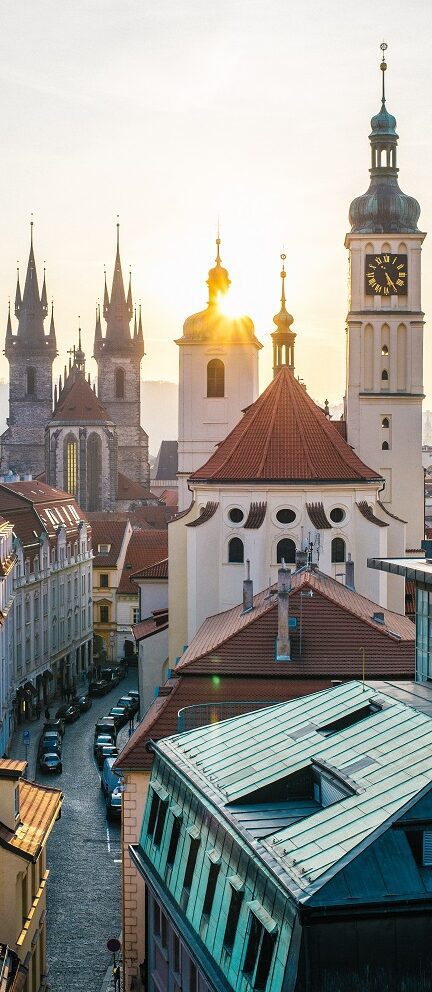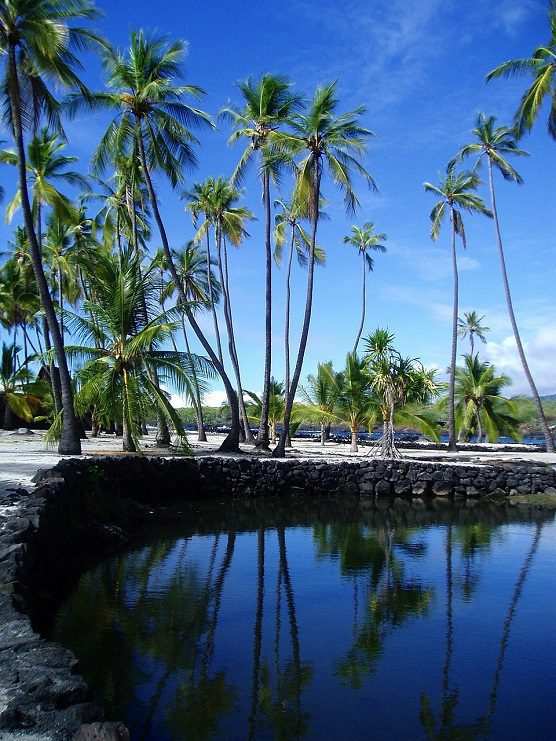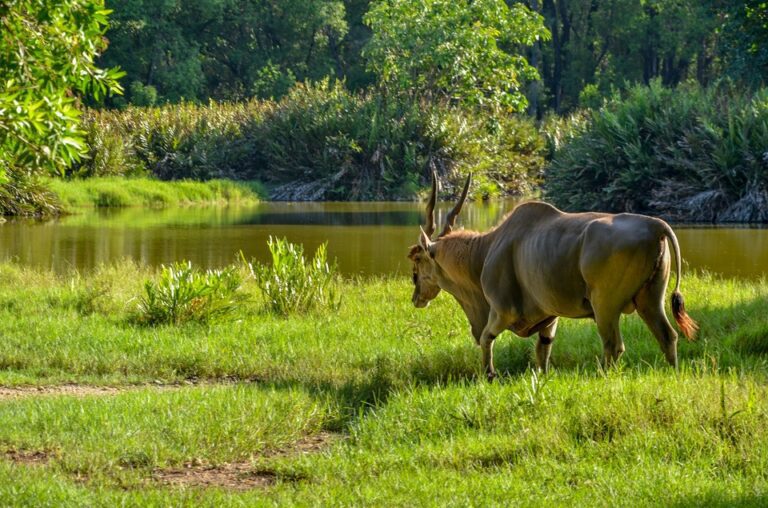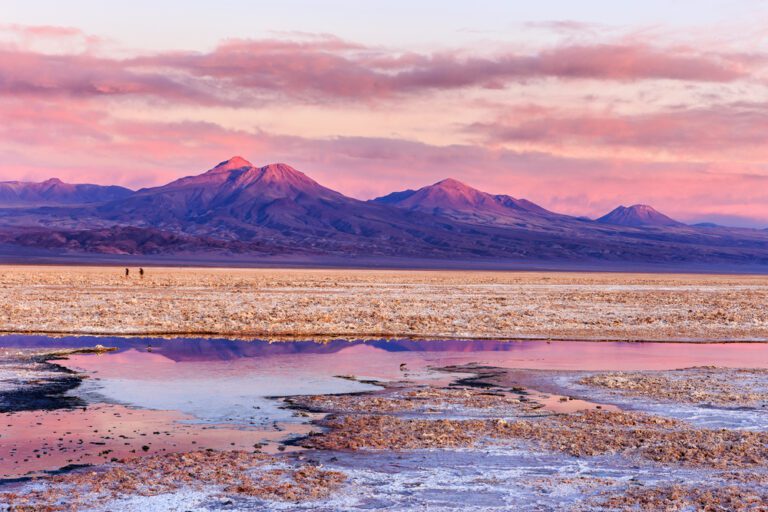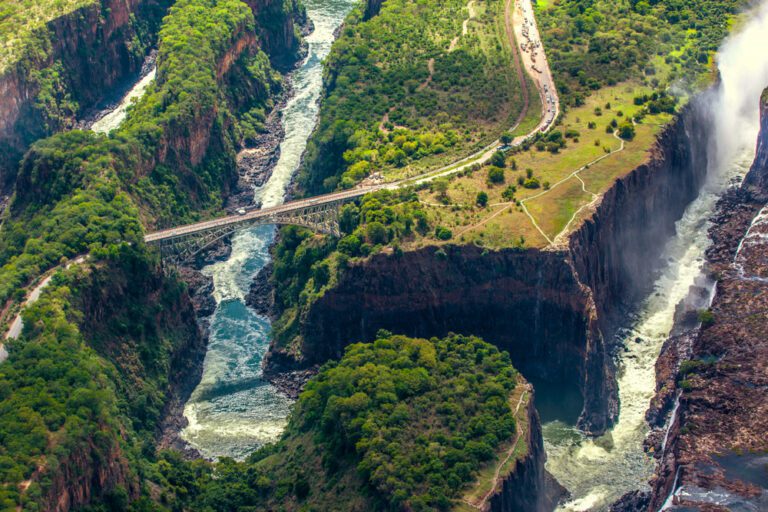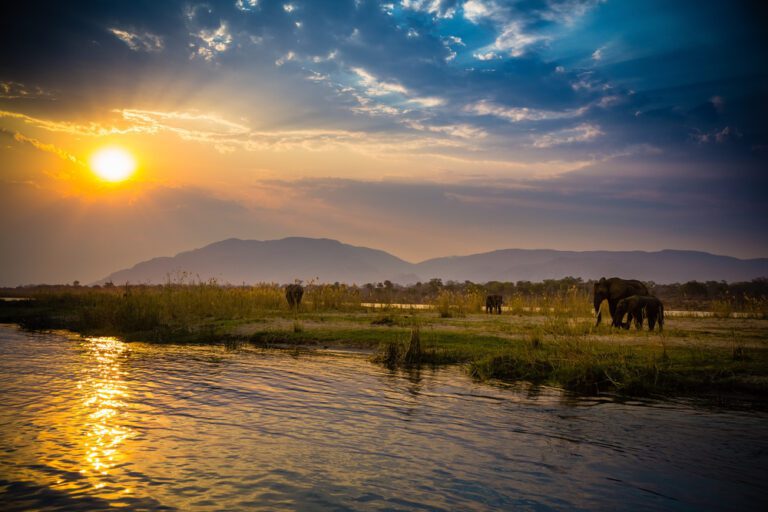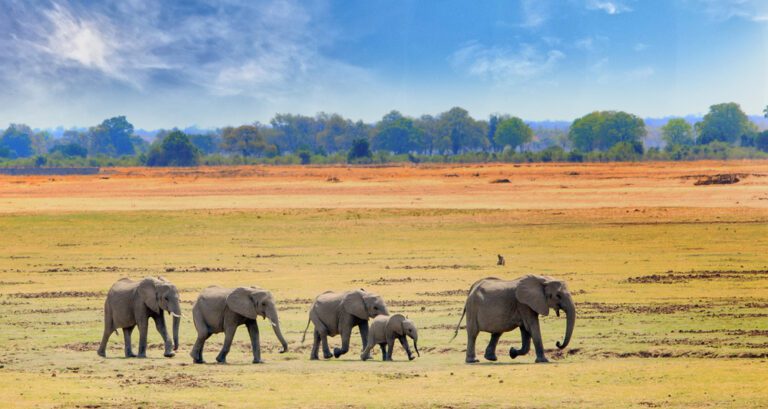Has your journey through Japan had a lasting impact on you?
Yes, huge. I’d been to Japan before and could recognise its shape on a map, but I knew nothing really about it. This trip was an eye- opener.
How long were you on the road for?
Six weeks. We broke it into two chunks. We wanted to do Hokkaido, the very north island, in ‘peak snow’ because it has the most magnificent powder snow and this immense winter season, when they have the Sapporo Snow Festival and all these ice buildings, plus rare red-crowned cranes dancing in the rivers. We then went south to catch the cherry blossoms in Kyoto.
You did manage to see the cranes in Hokkaido. What was that like?
My heart was beating so much. It was sensational – the light came up and there they were, preening, calling and dancing with each other. We were unbelievably lucky to see a whole mass of them.
You saw some girl bands in Tokyo, where most of the audience were men in suits. Was that odd for you?
If it was in another part of the world, you might think it was creepy because a lot of them were middle-aged businessmen and on the stage were these 18 girls dressed as young teenagers, doing these lively dances. But there was something no n-creepy about it. It was good fun. It had a feeling of line dancing -the chaps knew all the words and gestures. It’s a cross between an exercise class and a disco but it didn’t have a voyeuristic feel to it. They adored the girls like goddesses and spoke to them with such deference, like they were star struck.

Do you think you could live in Tokyo?
Tokyo is unbelievably huge and home to 38 million people. Nevertheless it has quite a villagey feel about it, with temples everywhere. The transport is also second to none, if you can find your way around. But I don’t think I could live there. It is really full-on. I also adored Nagasaki because you can see mountains all around you.
You went into the nuclear exclusion zone set up after the Fukushima nuclear power plant disaster in 2011.
You are only allowed to spend five hours in the part we went to. Everything had been abandoned – even dogs and cats – as people were told that they could comeback in a couple of days, but they didn’t. I met a man who worried about all welfare of all the creatures; he whistled and the starving dogs locked up inside started barking. He made it his duty to feed them all. When we came out of the zone, we washed our outer garments, which we then took off. There was an odd, dead feeling there -I can understand why Japanese people didn’t want to go back, just in case. The brave man who stayed was so riddled with radiation that they couldn’t believe he was alive, but he was.
You met some Japanese ladies with an average age of 84. What did you learn from them?
They take each day as it comes. They try to be optimistic. They mix with each other. They never sit at home alone. They dance, which means they keep fit. They keep their houses spotlessly clean. They eat well. They try to say, “Isn’t today great?” and “Let’s live life” – I thought that was wonderful.
Would you like to do more trips?
You would have to tie me to a tree to stop me travelling. As I get older and travel more, the world seems to open up to me, beckoning me and whispering in my ear, saying “Go”.
